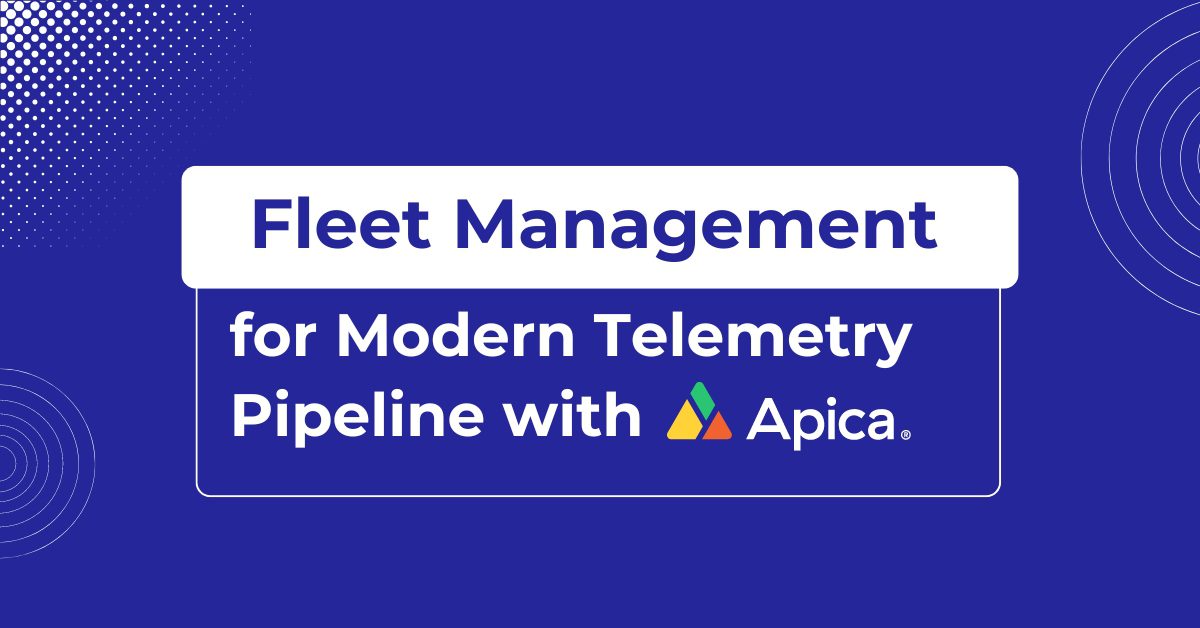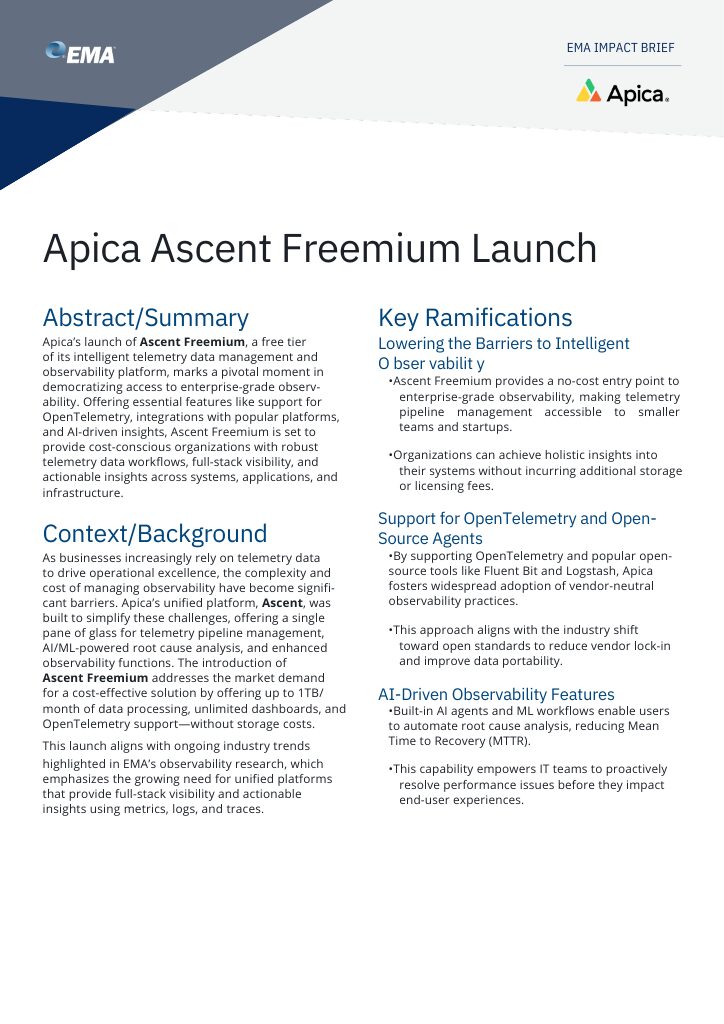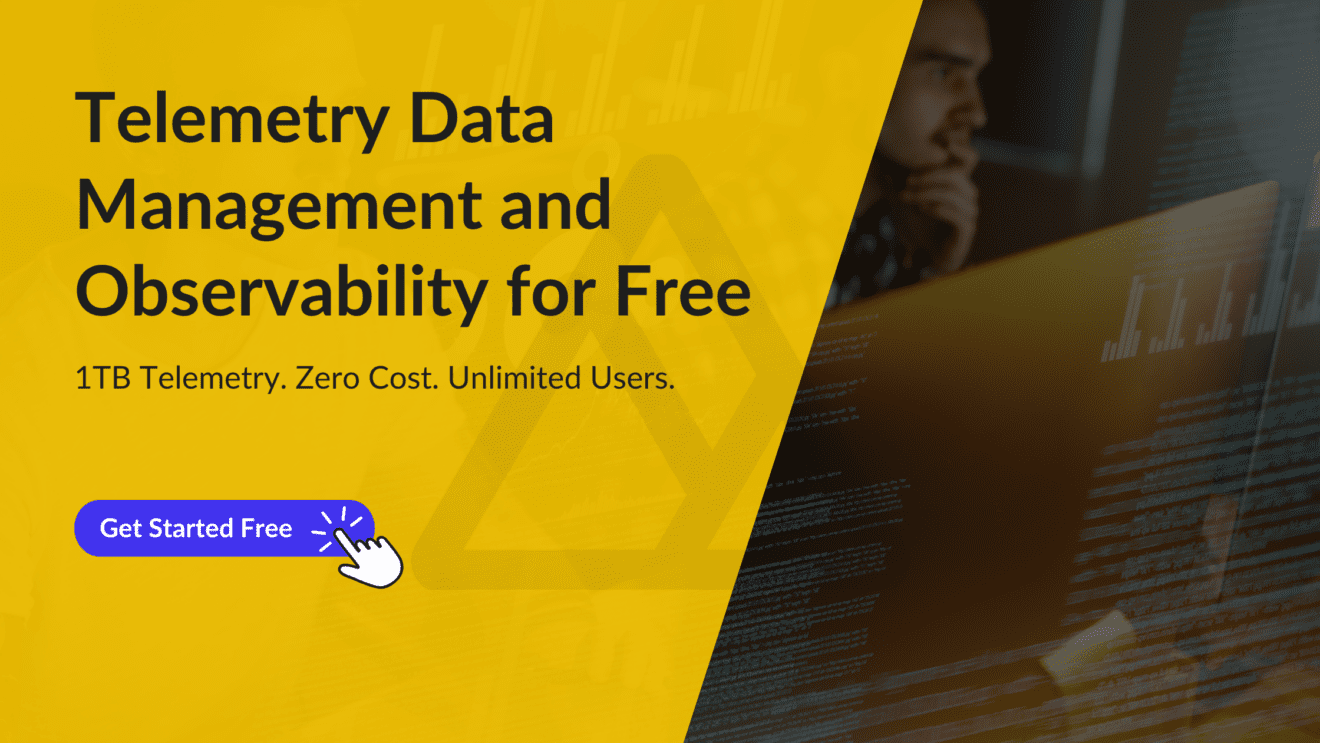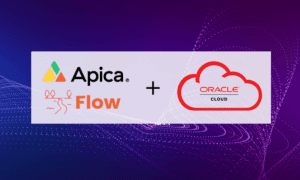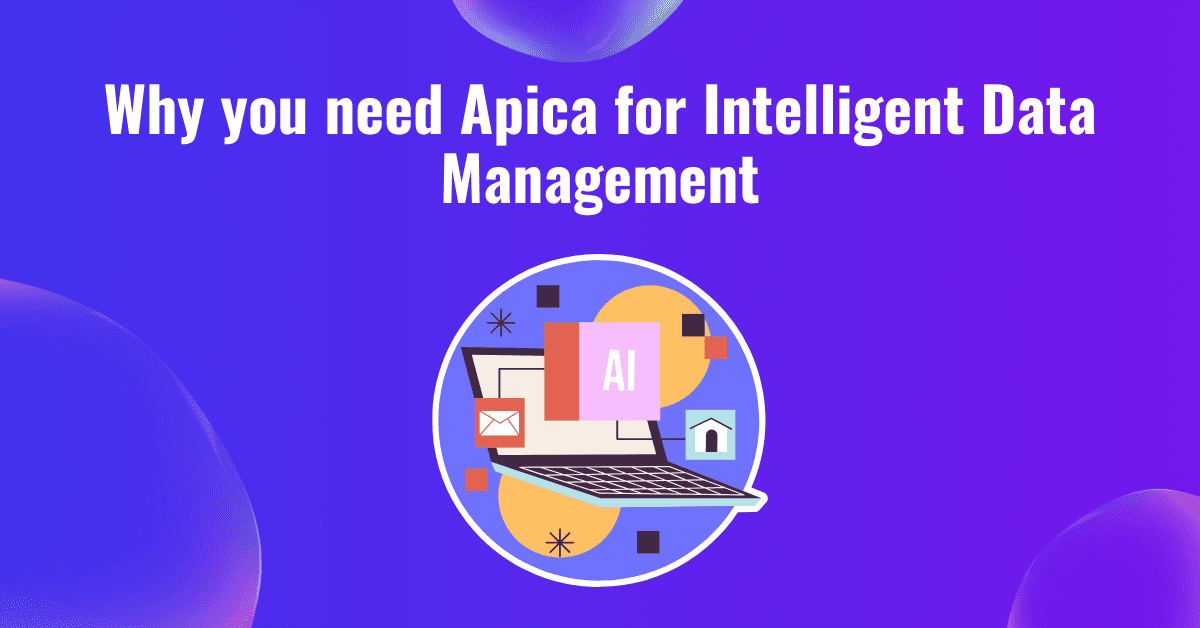In today’s complex and dynamic digital landscape, observability has become a cornerstone for organizations seeking to understand, manage, and optimize their applications and infrastructure.
As the volume and complexity of data continue to grow, customers are demanding observability platforms that can deliver comprehensive insights, scalability, and cost-effectiveness.
Essential requirements for intelligent data management
- Unified Platform: A single pane of glass for logs, metrics, and traces is a must-have
for simplifying management and reducing complexity. - Cost-Effectiveness: Customers are increasingly concerned about spiraling costs and seek platforms that offer efficient pricing and resource utilization.
- Ease of Use: Intuitive interfaces, easy setup, and effective dashboarding are essential for broad adoption within teams.
- Scalability: Handling growing data volumes without significant cost increases is crucial for future-proofing observability investments.
- Cloud-Native Solutions: As more workloads migrate to the cloud, platforms that integrate seamlessly with cloud environments are preferred.
- Flexible Pricing Models: Predictable pricing that aligns with usage patterns is essential for budgeting and planning.
- Strong APM Capabilities: Application Performance Monitoring (APM) is a core requirement for understanding application behavior and identifying performance bottlenecks.
- Infrastructure Monitoring: Comprehensive cloud infrastructure monitoring is critical, especially for organizations leveraging cloud-native architectures.
- Log Management and Analytics: Efficient ingestion, indexing, and log data analysis are essential for troubleshooting, security, and compliance.
- Tracing Capabilities: Understanding the flow of requests across microservices architectures requires robust tracing capabilities.
- AI/ML Capabilities: Anomaly detection, automated remediation, and predictive analytics can provide valuable insights and reduce manual effort.
- Security Integration: Platforms that can provide observability and security insights are gaining traction as organizations seek to improve their security posture.
- Open Standards Support: Support for open standards like OpenTelemetry ensures interoperability and flexibility.
- Customization Options: The ability to tailor the platform to specific needs and use cases is essential for meeting diverse requirements.
- Good Support and Professional Services: Enterprise customers often prioritize strong support and professional services for guidance and assistance.
- Integration with Existing Tools: Seamless integration with other tech stack components is crucial for a cohesive observability solution.
- Real-Time Insights: Quick access to current performance data and issues is essential for timely troubleshooting and response.
- Historical Data Retention: The ability to store and analyze data over extended periods is valuable for trend analysis, compliance, and historical investigations.
- Cross-Platform Support: Monitoring cloud and on-premises environments in hybrid setups is a common requirement.
- Developer-Friendly Features: As developers are often the primary users, platforms that cater to their needs, such as intuitive APIs and SDKs, are preferred.
As organizations adopt complex technologies and architectures, the demand for effective observability platforms will grow. By addressing these essential customer requirements, Apica meets the market’s evolving needs and delivers exceptional value to its customers.

